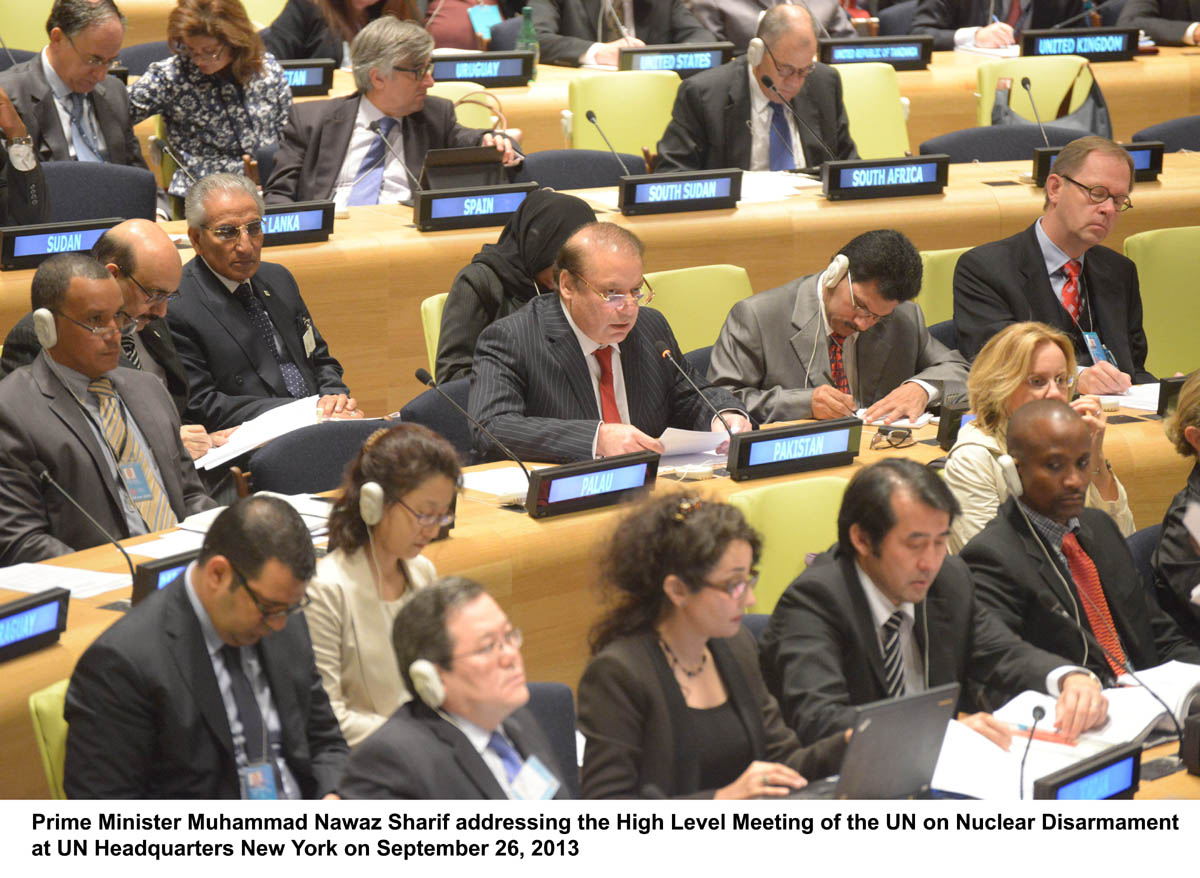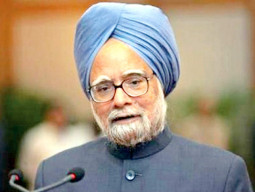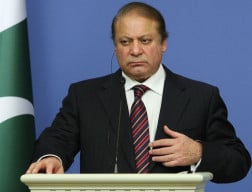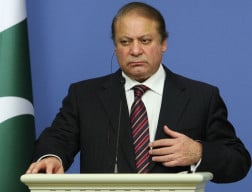
Speaking at a special session on nuclear disarmament at the UN under the Non-Aligned Movement, the premier called on the world community to renew global consensus on nuclear disarmament, non-proliferation and promotion of cooperation in the peaceful uses of nuclear energy.
Elaborating on his proposal, Nawaz said that such a consensus should be based on equity, balance, restraint and cooperation among all states and called on the General Assembly to convene a Special Session in this regard and affirmed Pakistan’s readiness to make its contribution to this consensus-building exercise.
Nawaz also drew attention to certain policies based on discrimination and double standards, underscoring that such policies have damaged the integrity of existing treaties and norms of non-proliferation. He called for an end to this nuclear discrimination.
"Dictated by politics and profits in the recent past are altering the strategic balance in our region" - an obvious reference to the US-India civilian nuclear deal.
On the proposed Fissile Material Treaty, he said Pakistan's stance was determined by national security and strategic equilibrium in South Asia.
"We advocate a comprehensive strategic restraint regime that establishes nuclear restraint, balance in conventional forces and a mechanism for conflict resolution."
Pakistan, the Prime Minister said, believed in the concept of security for all; not security of a privileged few.
Credible minimum deterrence
Outlining the salient features of Pakistan’s nuclear policy, the Prime Minister stressed its guiding principles of restraint and responsibility.
"We do not want an arms race in South Asia, because consequences of conflict with nuclear weapons will be horrendous."
Nawaz, who had overseen Pakistan's maiden nuclear tests that announced the country's ascendancy into the nuclear club, noted that Pakistan was fully alive to the evolving security dynamics and would maintain deterrence to reinforce strategic stability in South Asia.
"It was on my watch as Prime Minister in 1998 that Pakistan conducted nuclear tests," Nawaz said.
"I can tell this Assembly that this decision was taken after much thought and deliberation. We were compelled to do so in response to the developments in our neighbourhood. It was an existential choice we made for strategic stability in our region."
Civil nuclear technology
In the broader context of energy crisis in Pakistan, Nawaz made the case that the country needs to to acquire energy from all sources including nuclear.
"We require energy from all sources - conventional and alternate."
The premier underscored that Pakistan fully qualifies to have full access to civil nuclear technology for peaceful purposes. "We have the expertise, manpower and infrastructure to produce civil nuclear energy."
"As we revive our national economy, we look forward to international cooperation and assistance in nuclear energy under IAEA safeguards."
COMMENTS (7)
Comments are moderated and generally will be posted if they are on-topic and not abusive.
For more information, please see our Comments FAQ










































good that at least he talked.
Mian ji what u talking about sir they wants our heads and u asking them more technology hahahah
When will Pakistan decide that it sounds too pathetic and demeaning to keep begging for civil nuclear technology similar to what India signed few years ago? It is too obvious that Pakistan's energy crisis will not magically disappear once it obtains this technology - the proof is right next door; India still faces massive energy shortage in spite of being given access to civil nuclear technology. This childish and stubborn insistence that 'India got it, so we should get it too' is starting to look downright embarrassing.
Excellent.
Yayyy! Now Pakistan's gonna be a better state.
L.O.L